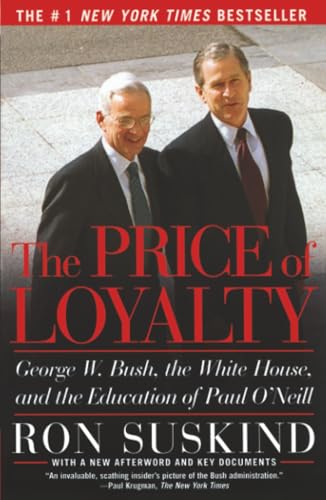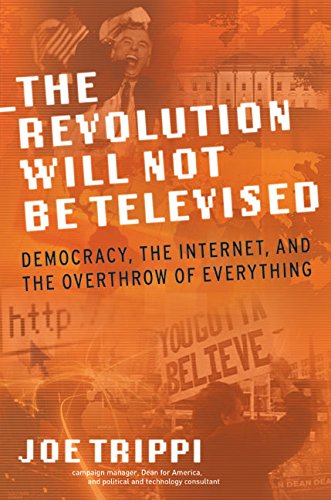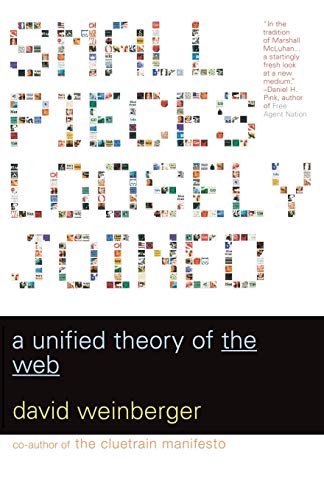Books I read from the Seattle Public Library in 2004 Part 1
Explore the first part of my 2004 Seattle Public Library reading list—discover the books I borrowed and enjoyed, from bestsellers to hidden gems. Perfect for book lovers and Seattle locals!



Book
All the Shah's Men
by Stephen Kinzer
This is the first full-length account of the CIA's coup d'etat in Iran in 1953—a covert operation whose consequences are still with us today. Written by a noted New York Times journalist, this book is based on documents about the coup (including some lengthy internal CIA reports) that have now been declassified. Stephen Kinzer's compelling narrative is at once a vital piece of history, a cautionary tale, and a real-life espionage thriller.

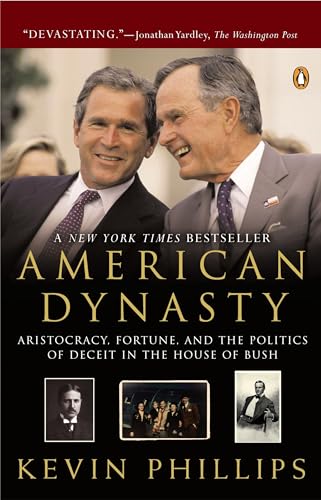


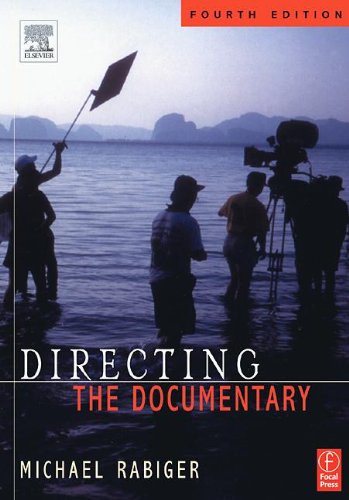

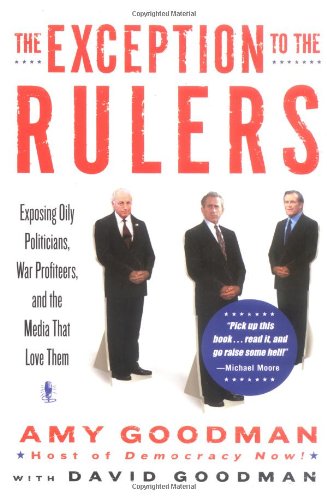

Book
The Fabric of the Cosmos
by Brian Greene
NATIONAL BESTSELLER • From one of the world’s leading physicists and author of the Pulitzer Prize finalist The Elegant Universe, comes “an astonishing ride” through the universe (The New York Times) that makes us look at reality in a completely different way. Space and time form the very fabric of the cosmos. Yet they remain among the most mysterious of concepts. Is space an entity? Why does time have a direction? Could the universe exist without space and time? Can we travel to the past? Greene has set himself a daunting task: to explain non-intuitive, mathematical concepts like String Theory, the Heisenberg Uncertainty Principle, and Inflationary Cosmology with analogies drawn from common experience. From Newton’s unchanging realm in which space and time are absolute, to Einstein’s fluid conception of spacetime, to quantum mechanics’ entangled arena where vastly distant objects can instantaneously coordinate their behavior, Greene takes us all, regardless of our scientific backgrounds, on an irresistible and revelatory journey to the new layers of reality that modern physics has discovered lying just beneath the surface of our everyday world.
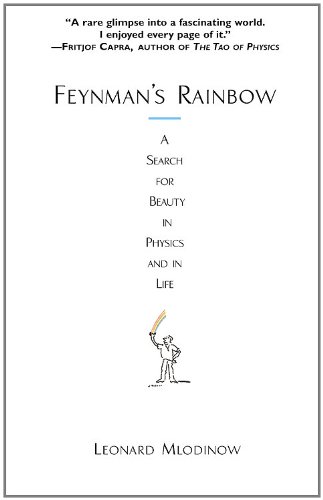


Book
The God of Small Things
by Arundhati Roy
Set against a background of political turbulence in Kerala, this is the story of twins Esthappen and Rahel who try to craft a childhood for themselves amongst the vats of banana jam and heaps of peppercorns in their grandmother's factory.

Book
Going Nucular
by Geoffrey Nunberg
Presents a collection of essays that describe the values and attitudes of Americans that are reflected through the use of language.



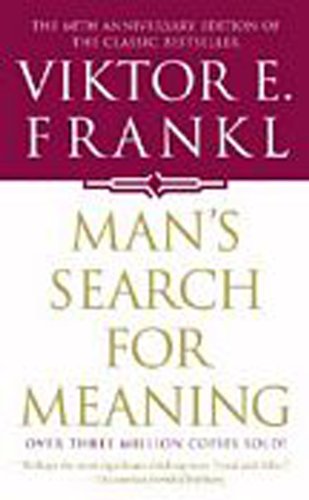


Book
Occidentalism
by Ian Buruma
Twenty-five years ago, Edward Said's Orientalism spawned a generation of scholarship on the denigrating and dangerous mirage of "the East" in the Western colonial mind. But "the West" is the more dangerous mirage of our own time, Ian Buruma and Avishai Margalit argue, and the idea of "the West" in the minds of its self-proclaimed enemies remains largely unexamined and woefully misunderstood. Occidentalism is their groundbreaking investigation of the demonizing fantasies and stereotypes about the Western world that fuel such hatred in the hearts of others. We generally understand "radical Islam" as a purely Islamic phenomenon, but Buruma and Margalit show that while the Islamic part of radical Islam certainly is, the radical part owes a primary debt of inheritance to the West. Whatever else they are, al Qaeda and its ilk are revolutionary anti-Western political movements, and Buruma and Margalit show us that the bogeyman of the West who stalks their thinking is the same one who has haunted the thoughts of many other revolutionary groups, going back to the early nineteenth century. In this genealogy of the components of the anti-Western worldview, the same oppositions appear again and again: the heroic revolutionary versus the timid, soft bourgeois; the rootless, deracinated cosmopolitan living in the Western city, cut off from the roots of a spiritually healthy society; the sterile Western mind, all reason and no soul; the machine society, controlled from the center by a cabal of insiders—often Jews—pulling the hidden levers of power versus an organically knit-together one, a society of "blood and soil." The anti-Western virus has found a ready host in the Islamic world for a number of legitimate reasons, they argue, but in no way does that make it an exclusively Islamic matter. A work of extraordinary range and erudition, Occidentalism will permanently enlarge our collective frame of vision

Book
The Origins of Totalitarianism
by Hannah Arendt
"How could such a book speak so powerfully to our present moment? The short answer is that we, too, live in dark times, even if they are different and perhaps less dark, and "Origins" raises a set of fundamental questions about how tyranny can arise and the dangerous forms of inhumanity to which it can lead." Jeffrey C. Isaac, The Washington Post Hannah Arendt's definitive work on totalitarianism and an essential component of any study of twentieth-century political history The Origins of Totalitarianism begins with the rise of anti-Semitism in central and western Europe in the 1800s and continues with an examination of European colonial imperialism from 1884 to the outbreak of World War I. Arendt explores the institutions and operations of totalitarian movements, focusing on the two genuine forms of totalitarian government in our time--Nazi Germany and Stalinist Russia--which she adroitly recognizes were two sides of the same coin, rather than opposing philosophies of Right and Left. From this vantage point, she discusses the evolution of classes into masses, the role of propaganda in dealing with the nontotalitarian world, the use of terror, and the nature of isolation and loneliness as preconditions for total domination.
